Talk Overview
Cilia and flagella are complex, but highly conserved, structures found on most cells of the human body. Mutations in proteins localized to cilia can cause a collection of human diseases including renal failure and retinal degeneration. Dr. Marshall begins with an overview of the complex internal structure of cilia and flagella and the machinery, called intraflagellar transport (IFT), required to build and maintain these structures. Mutations in motile cilia were known to cause several human diseases but it wasn’t until scientists began studying IFT in the green algae Chlamydomonas, that the key role of non-motile cilia in human health and development was recognized. Marshall describes how mutations in cilia and basal bodies can cause human diseases as different as renal failure and retinal degeneration.
In the second video, Dr. Duncan explains that the inner segment of photoreceptor cells, where proteins are made, and the outer segment, where light is transduced into a chemical signal, are joined by connecting cilia. Mutations in proteins that localize to the connecting cilia can lead to photoreceptor cell death and vision loss. In a number of syndromic diseases, such as Bardet-Biedl Syndrome, retinal degeneration is just one of several symptoms all of which are caused by mutations in cilia throughout the body. By identifying specific gene mutations causing retinal degeneration, Duncan hopes that better treatments for patients with these syndromes will be developed.
Speaker Bio
Wallace Marshall

Wallace Marshall received his BE in Electrical Engineering and his BS in Biochemistry from SUNY Stony Brook and his PhD in Biochemistry from the University of California, San Francisco. He was a post-doctoral fellow at Yale University. Currently, Marshall is a Professor of Biochemistry and Biophysics at UCSF. His lab is interested in the… Continue Reading
Jacque Duncan
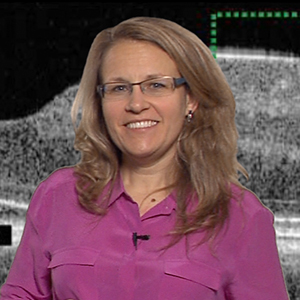
Jacque Duncan is a Professor of Clinical Ophthalmology at the University of California, San Francisco. She uses cutting edge imaging techniques to diagnose diseases of retinal degeneration. Duncan has research funding from numerous sources to develop novel treatments and devices designed to preserve retinal function. Duncan received her MD from UCSF where she completed an… Continue Reading
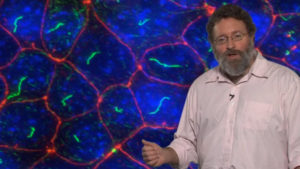
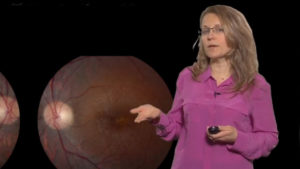
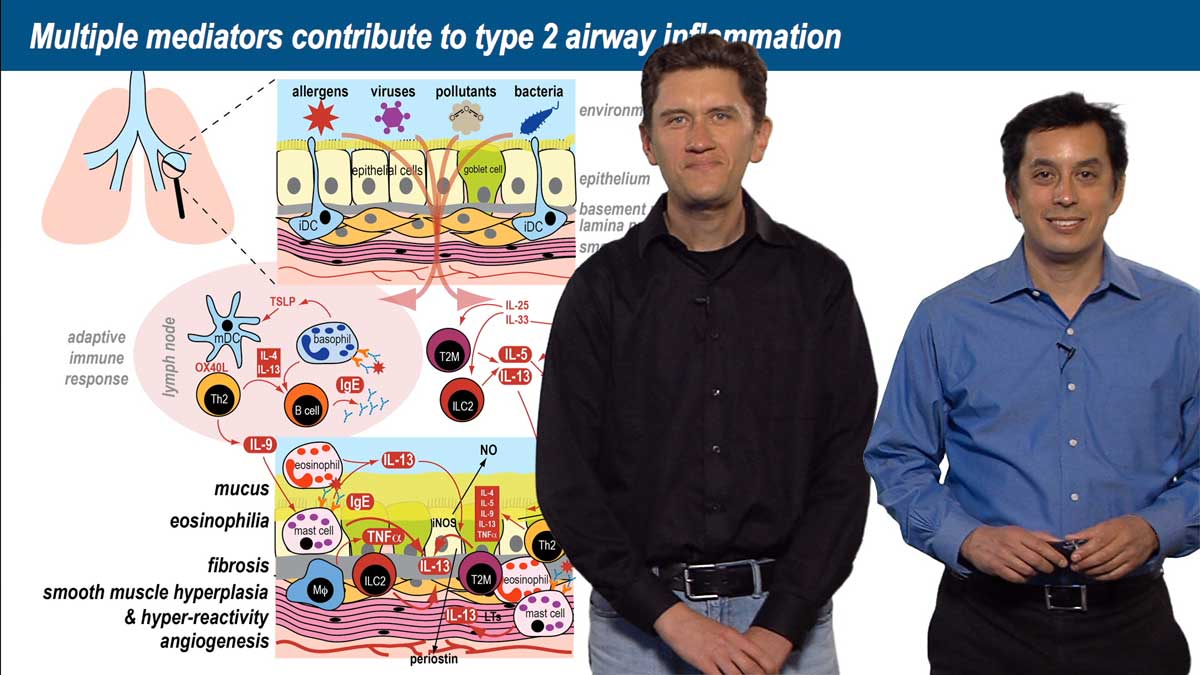
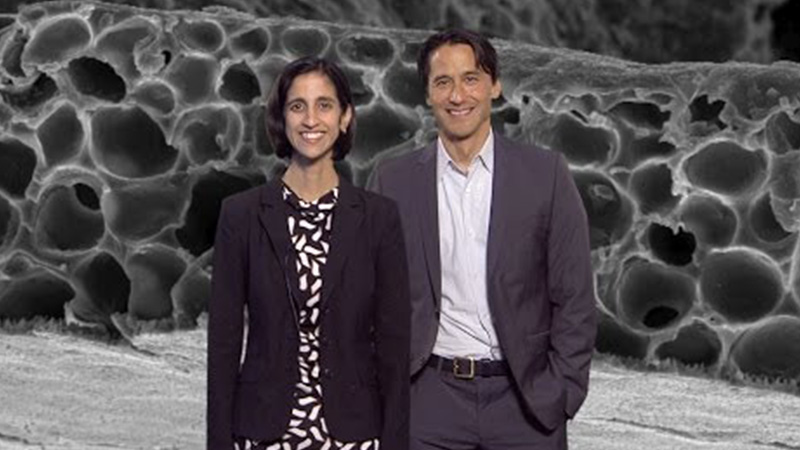
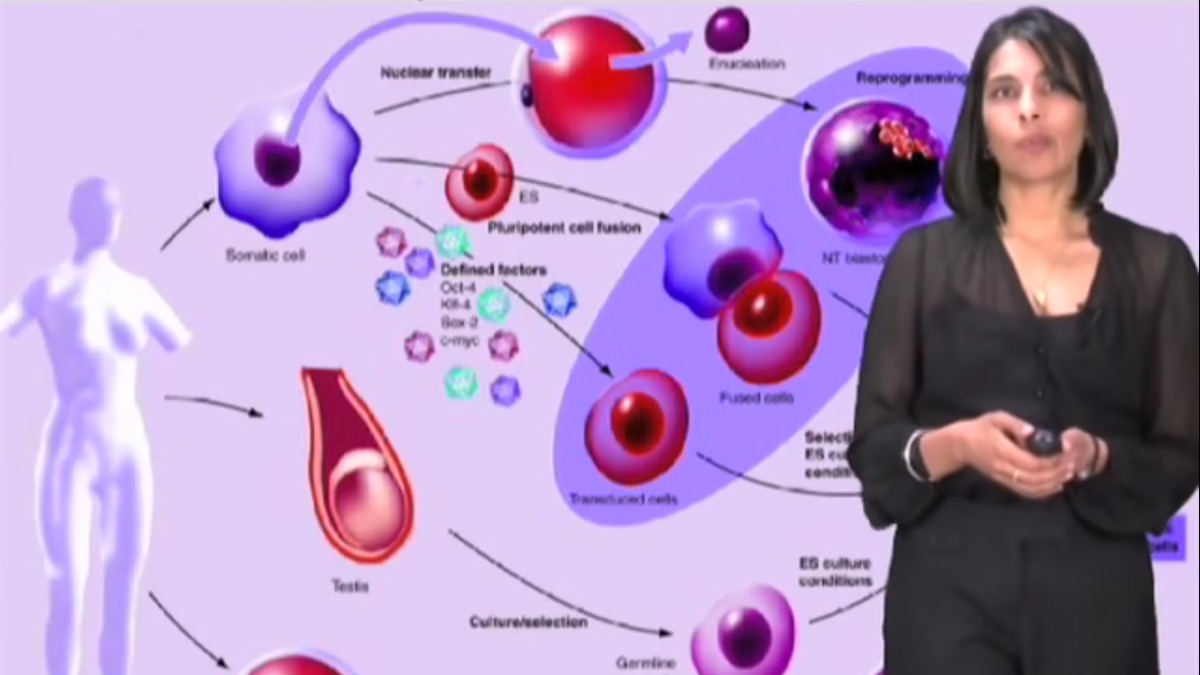






Leave a Reply